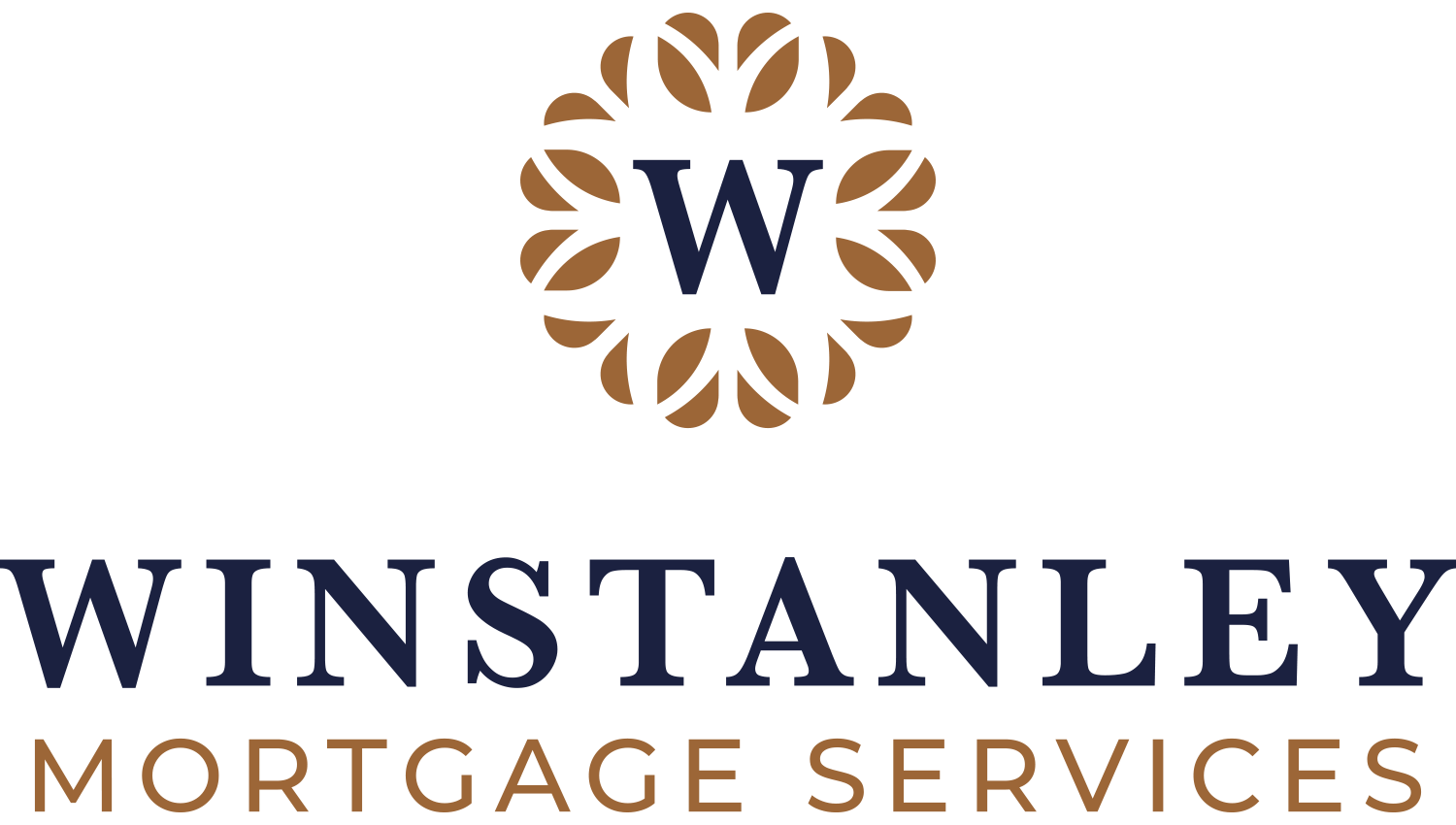December 2, 2024
How to Secure a Self-Employed Mortgage in the UK: A Complete Guide for Sole traders, Freelancers & Business Owners
Home / How to Secure a Sel...
Author

Lee Martin
Senior Mortgage & Protection Adviser
My journey into financial services began in 1993 when I first came across a pension adviser who ...
Securing a self-employed mortgage in the UK can seem more challenging compared to salaried employees, but with the right preparation, it’s completely achievable. Self-employed individuals often face hurdles such as fluctuating income and additional documentation requirements. However, understanding the mortgage application process and knowing exactly what lenders are looking for can significantly improve your chances of approval. In this comprehensive guide, we’ll explain how sole traders, freelancers or Ltd company business owners can secure a self-employed mortgage, the essential documents required, and how to increase your chances of getting approved.
1. Common Challenges When Applying for a Self-Employed Mortgage in the UK
As a self-employed mortgage applicant, you’ll likely face specific challenges that salaried employees do not. Here are the main hurdles:
- Income Variability: Unlike salaried workers, self-employed individuals often have fluctuating income, making it harder for lenders to assess your ability to repay the loan.
- Additional Documentation: Expect to provide more paperwork, such as tax documents and business accounts, to verify your financial stability.
- Perceived Risk: Lenders may view self-employed borrowers as a higher risk due to fluctuating income, which can make approval more difficult.
Despite these challenges, many self-employed individuals successfully secure mortgages by understanding what lenders need and being well prepared.
2. Self-Employed Mortgage Requirements in the UK
When applying for a self-employed mortgage, providing comprehensive documentation is key. Here's what you'll need:
- Tax Calculations (SA302 and Tax Year Overviews): Lenders typically require at least two to three years of tax calculations (SA302 forms) and the corresponding Tax Year Overviews. Some lenders offer self-employed mortgages for sole trader and business owner applicants with just one year’s accounts.
- Business Accounts: Limited company business owner applicants will need to provide full business accounts (usually prepared by an accountant) for at least two years. Some lenders may accept just one year’s accounts.
- Bank Statements: Lenders often ask for several months of both personal and business bank statements to confirm your income and spending habits.
Providing these documents allows lenders to assess your financial health and determine if you can manage monthly mortgage payments.
3. Increasing Your Deposit to Improve Your Chances of Approval
A larger deposit can significantly improve your chances of securing a self-employed mortgage. Offering a deposit of 20% or more can make you more attractive to lenders, especially if your income fluctuates. A larger deposit reduces the loan amount the lender needs to provide, which can result in better terms and lower interest rates.
A substantial deposit also demonstrates your financial discipline and increases your credibility with lenders.
4. How to Improve Your Credit Score for a Self-Employed Mortgage
Your credit score is a vital factor in securing a mortgage. A strong credit history shows lenders that you’re responsible with your finances. Here are tips to improve your credit score before applying for a self-employed mortgage:
- Pay Bills on Time: Always pay bills, including credit cards, utility bills, and loans, on time to maintain a positive credit history.
- Reduce Outstanding Debt: Lower your debt-to-income ratio by paying off debts such as credit cards and loans. This will improve both your credit score and your chances of securing a mortgage.
- Check Your Credit Report: Regularly review your credit report for errors or discrepancies that could hurt your score. If you find mistakes, dispute them promptly. Services like Checkmyfile can give you a full picture from all credit reference agencies, not just one.
Improving your credit score can also help you secure better mortgage rates and loan conditions.
5. Consider Alternative Schemes for Self-Employed Applicants
In the UK, several government-backed schemes can help self-employed individuals access mortgages. These include:
- Shared Ownership: This scheme lets you purchase a share of a property (usually between 25-75%) and pay rent on the remaining share. This can be a great option for self-employed applicants who may struggle to save for a larger deposit.
- Affordable Home Ownership Schemes: Various local schemes across the UK offer support for self-employed individuals, including interest-free loans or lower deposit requirements.
These options can be particularly helpful for self-employed individuals facing challenges such as irregular income or smaller deposits.
6. Work with the Right Lender for a Self-Employed Mortgage
Different mortgage lenders have varying requirements, and some specialise in self-employed mortgages. When applying for a self-employed mortgage, it’s important to shop around and consider the best mortgage lenders who are familiar with the challenges self-employed applicants face.
Working with a self-employed mortgage broker can be incredibly helpful. Brokers have access to a wide range of lenders and can guide you through the process, helping you find lenders that accept non-standard income documentation (such as for freelancers or business owners with irregular income).
7. Consider Alternative Lending Options
If you’re unable to meet the strict criteria of high-street lenders, explore alternative lending options:
- Specialist Lenders: Some UK lenders specialise in working with self-employed individuals or those with non-traditional income. These lenders may offer more flexible terms for applicants with fluctuating income.
- Guarantor Mortgages: A guarantor mortgage involves a family member or friend acting as a guarantor, which provides additional security to the lender. This can help if you’re struggling to verify your income.
- JBSP (Joint Borrower Sole Proprietor): If a family member is willing to assist, a Joint Borrower Sole Proprietor mortgage may allow them to be named on the borrowing application, without appearing on the deed as an owner. Many lenders offer this option for self-employed applicants.
These alternative options offer more flexibility if you don’t meet traditional criteria, though they may come with higher interest rates or stricter terms. A mortgage adviser can guide you through these options.
8. Understand Your Debt-to-Income Ratio (DTI)
The debt-to-income ratio (DTI) is a critical factor in securing a mortgage. This ratio compares your monthly debt payments to your monthly income, helping lenders assess your ability to handle additional debt.
To calculate your DTI:
- Add up all your monthly debt payments (e.g., loans, credit cards, current mortgage).
- Divide the total by your gross monthly income.
- Multiply by 100 to get a percentage.
In the UK, most lenders prefer a DTI ratio of 40-45% or lower. However, some may accept higher ratios if you have compensating factors, like a larger deposit or higher income.
9. Be Prepared for a Longer Approval Process
The mortgage approval process for self-employed applicants may take longer than for salaried employees. Lenders will need to assess your documents carefully, and they may request additional information. Stay organized and patient, ensuring all documents are submitted promptly to avoid delays.
Conclusion: Securing a Self-Employed Mortgage in the UK
Securing a self-employed mortgage in the UK can be more challenging, but with the right approach, it’s absolutely possible. By providing comprehensive documentation, improving your credit score, offering a larger deposit, and exploring alternative lending schemes or lenders, you can significantly increase your chances of approval.
At Winstanley Mortgages, we specialise in helping self-employed individuals secure the best mortgage deals. We have access to a range of lenders, including those offering self-employed mortgages in the UK, and we’re here to help guide you through every step of the process.

